Hunt to test best bet for rural broadband
The new minister for culture, media and sport has announced three projects to look into the best way of providing rural broadband.

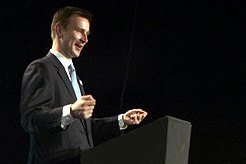
Sign up today and you will receive a free copy of our Future Focus 2025 report - the leading guidance on AI, cybersecurity and other IT challenges as per 700+ senior executives
You are now subscribed
Your newsletter sign-up was successful
Jeremy Hunt, the coalition's new minister for culture, media and sport, has proposed a number of trial projects to figure out the best way to provide broadband in rural areas.
Also the new broadband minister, Hunt confirmed in a speech today that his Government backed the 2Mbps pledge as made by Labour and would use money left over from the Digital Switchover campaign to fund it, but wanted to look further into how to reach difficult to provide for areas.
He said "three market testing projects" would take place, although further details about them are not set to be released until 15 July.
"These are projects that will not only benefit those living in these areas, but that will provide us with vital information about how we can best target government intervention and make next generation broadband viable in even the most challenging areas," he said.
Hunt added that he wanted not just BT, but other providers to be forced to unbundle their lines and allow more competitors to get onboard their infrastructure to drive the rollout.
Hunt added: "If legislation is necessary to require other infrastructure providers to open up their assets as well, then as announced in the Queen's speech I am ready to bring it to the House as soon as parliamentary time can be found."
Last month Hunt confirmed there would be no repeal for the Digital Economy Act and that it was thought a better move to wait and see what happens after the legislation has been implemented.
Sign up today and you will receive a free copy of our Future Focus 2025 report - the leading guidance on AI, cybersecurity and other IT challenges as per 700+ senior executives
Although Hunt didn't mention the Digital Economy Act specifically in this speech, there was reference to the creative industries and the new model for distributing their work.
Listing the film, TV, music and gaming industries in the UK, he said: "There is one thing that binds nearly all of these together, something of quite simply extraordinary significance for Britain's economic future. Nearly all of these industries involve the creation of digital content."
He added: "Just as the Silk Road and Pax Britannica opened up trade in physical property, so the internet opens up trade in digital property. So for the country that is probably the second best in the world at creating that digital property, this is a remarkable opportunity."
However, he believes it is a great chance "if" the country grasps it, rather than "when."
Blaming a mixture of the recession and "rapid technological advance," Hunt claimed the UK was lagging behind other countries, citing a recent survey showing us ranked as 33rd in world broadband speeds as an example.
But he felt it was time to throw out the "old truism that we provide the creativity and the rest of the world makes the money" and face up to the technological changes.
"We are at a technological turning point of huge significance," Hunt concluded, "and because we are used to producing products of global quality and global appeal, the opportunity for us is greater than for many others, not just to strengthen economic capital, but social and political capital as well."
Jennifer Scott is a former freelance journalist and currently political reporter for Sky News. She has a varied writing history, having started her career at Dennis Publishing, working in various roles across its business technology titles, including ITPro. Jennifer has specialised in a number of areas over the years and has produced a wealth of content for ITPro, focusing largely on data storage, networking, cloud computing, and telecommunications.
Most recently Jennifer has turned her skills to the political sphere and broadcast journalism, where she has worked for the BBC as a political reporter, before moving to Sky News.
-
 Building AI readiness through clear workflows
Building AI readiness through clear workflowsWithout clear systems and shared context, even the smartest AI can’t unlock value. People remain central to making automation effective
-
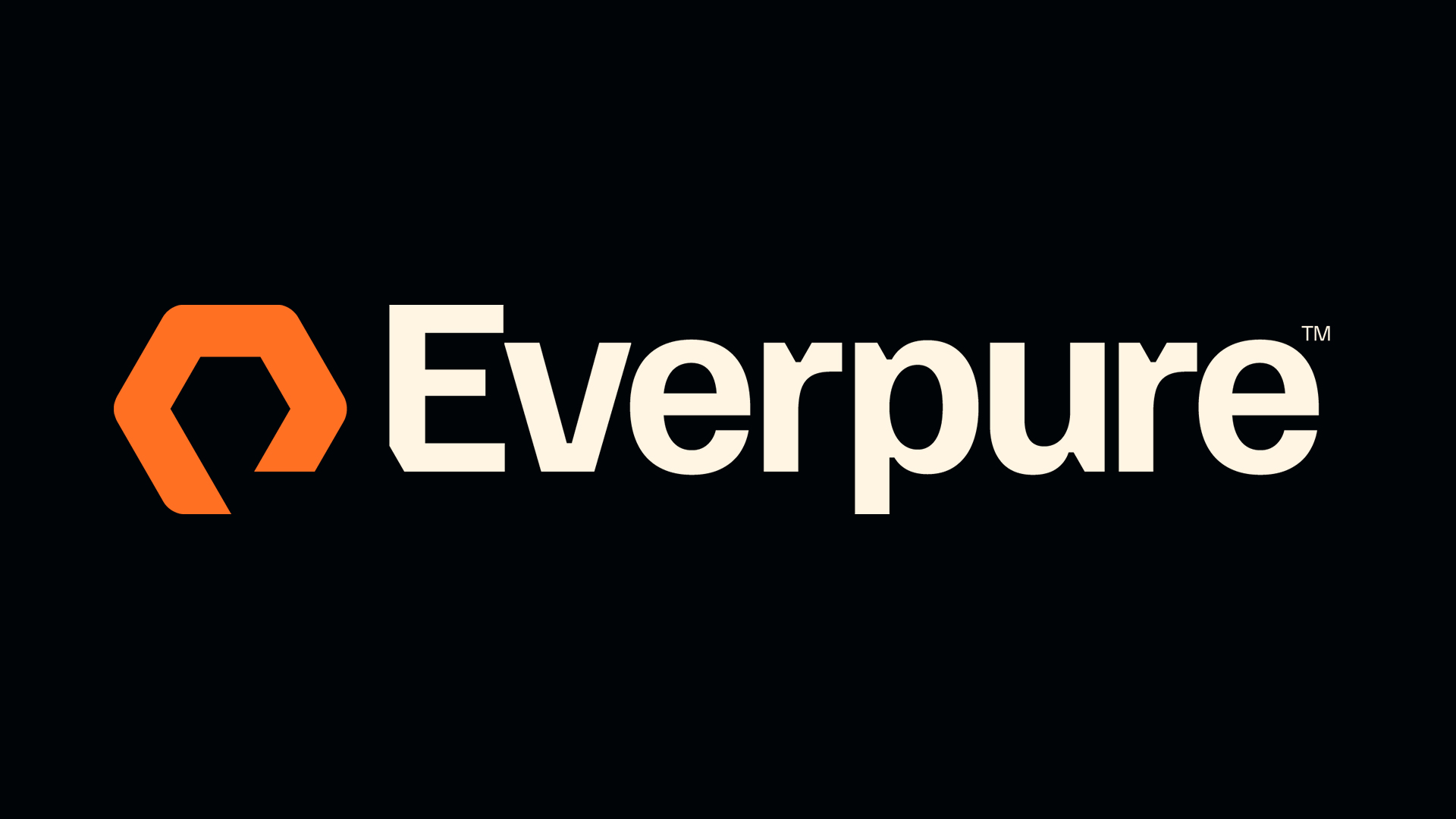 Pure Storage snaps up 1touch in data management pivot
Pure Storage snaps up 1touch in data management pivotNews The all-flash storage company is turning its focus to data management with a new acquisition and new name
-
 Equinix acquires BT's Irish data centers in €59 million deal
Equinix acquires BT's Irish data centers in €59 million dealNews As BT moves to an asset-light business model, Equinix looks to expand
-
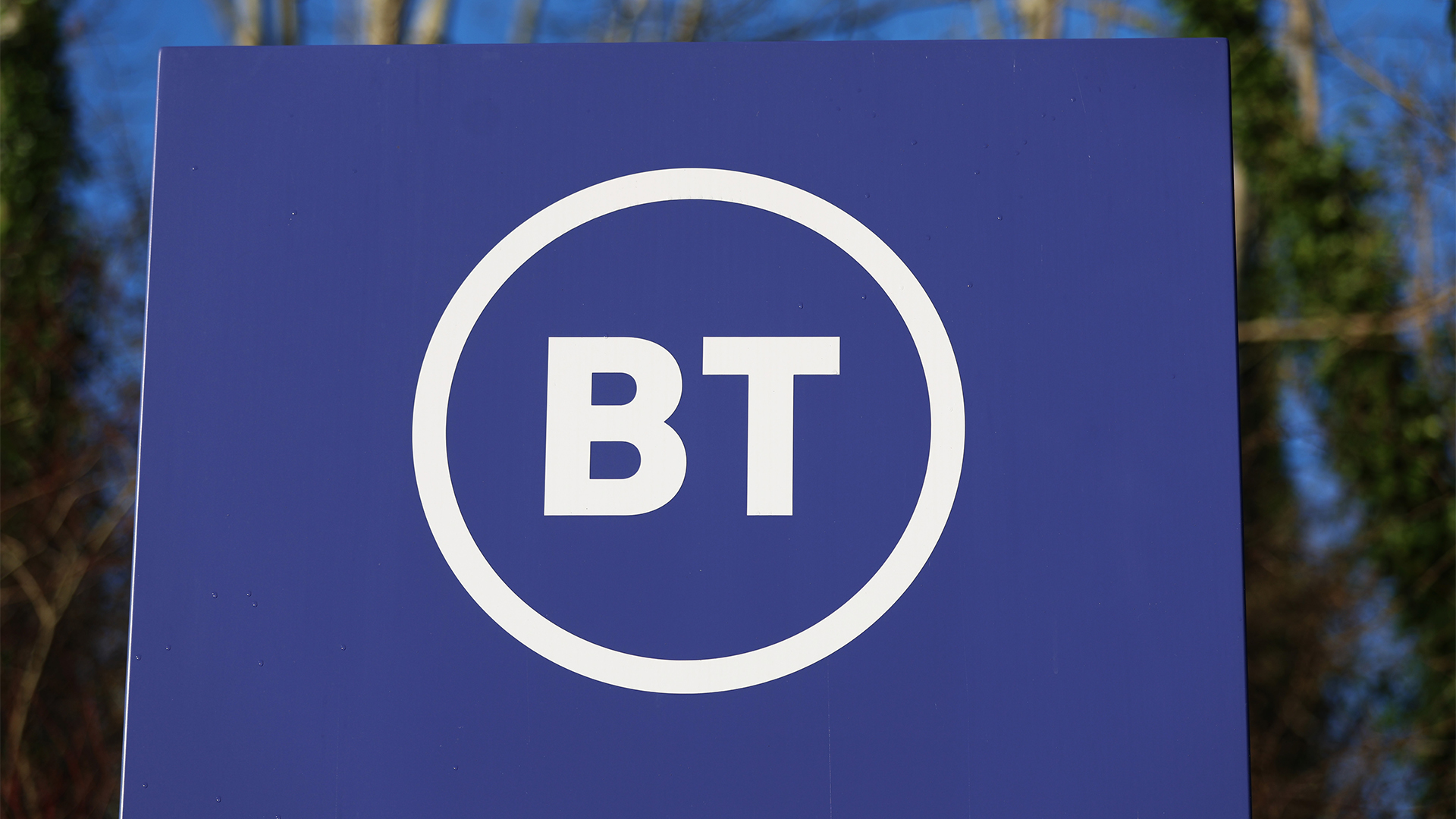 BT just extended the PSTN switch-off deadline — here’s what you need to know
BT just extended the PSTN switch-off deadline — here’s what you need to knowNews BT described the move as a “revision”, citing a series of improvements to the wider PSTN switch-off programme
-
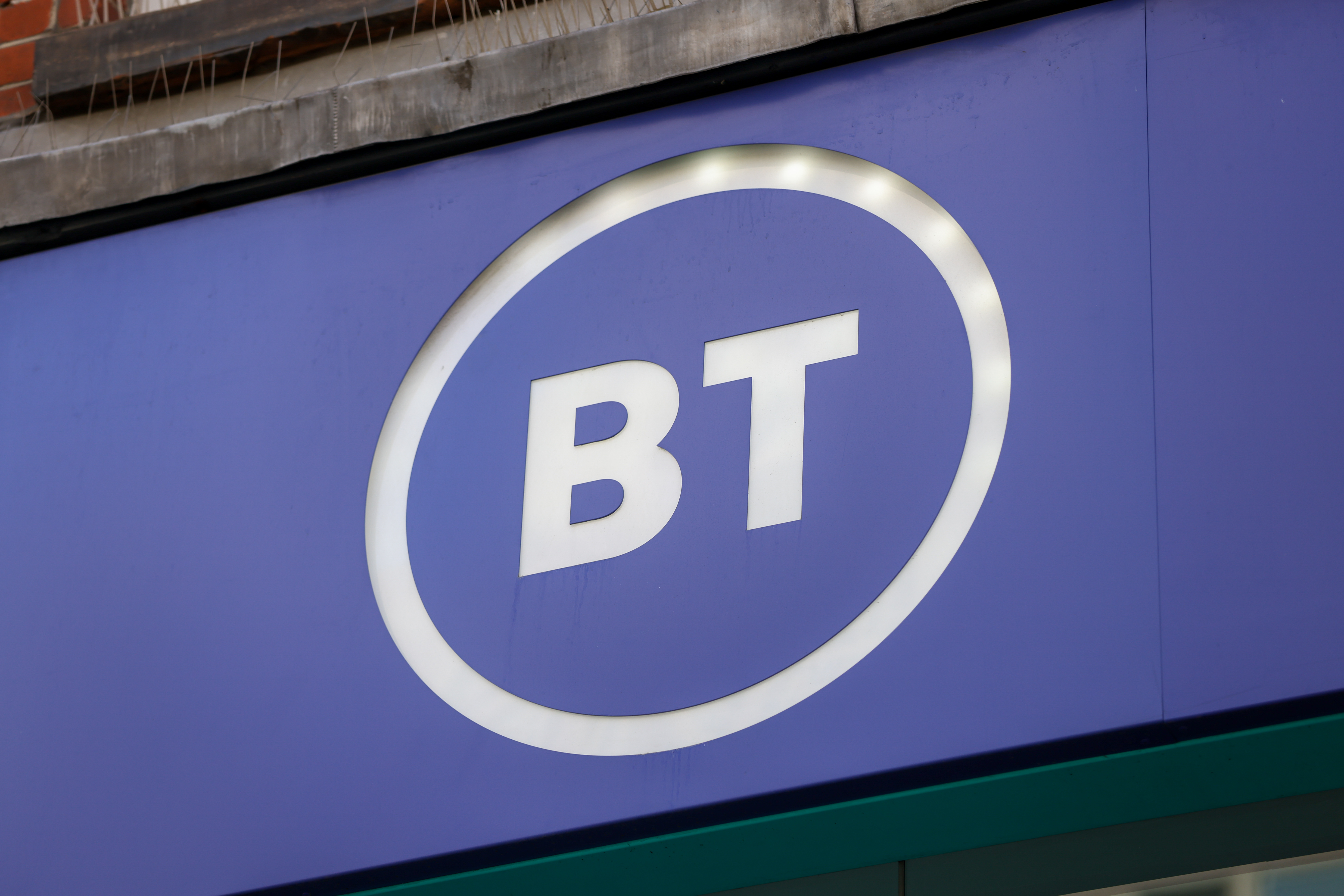 BT misses key Huawei kit removal deadline, but the telco is “almost over the line”
BT misses key Huawei kit removal deadline, but the telco is “almost over the line”News BT is still reliant on non-compliant Huawei equipment for 2G and 3G services
-
 BT partners with HPE to deliver new global managed LAN service
BT partners with HPE to deliver new global managed LAN serviceNews The latest collaboration combines BT’s connectivity expertise with HPE Aruba Networking’s latest LAN solutions
-
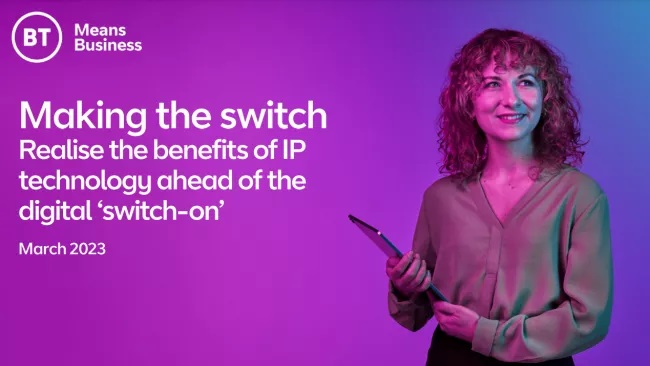 Making the switch
Making the switchWhitepaper Realise the benefits of IP technology ahead of the digital ‘switch-on’
-
 BT and OneWeb succeed in "game changer" satellite connection trial
BT and OneWeb succeed in "game changer" satellite connection trialNews Smaller businesses in rural areas could benefit from improvements to backhaul services using satellites, with speeds increasing by an order of magnitude
-
 BT, Nokia crack four carrier aggregation on a 5G network in first for Europe
BT, Nokia crack four carrier aggregation on a 5G network in first for EuropeNews The breakthrough marks the first successful use of such technology on a live network, and could lead to dramatic network improvements
-

 BT Mini Whole Home Wi-Fi review: Value-conscious range extension
BT Mini Whole Home Wi-Fi review: Value-conscious range extensionReviews You shouldn’t expect top performance, but this dinky mesh system eradicates notspots for a great price
